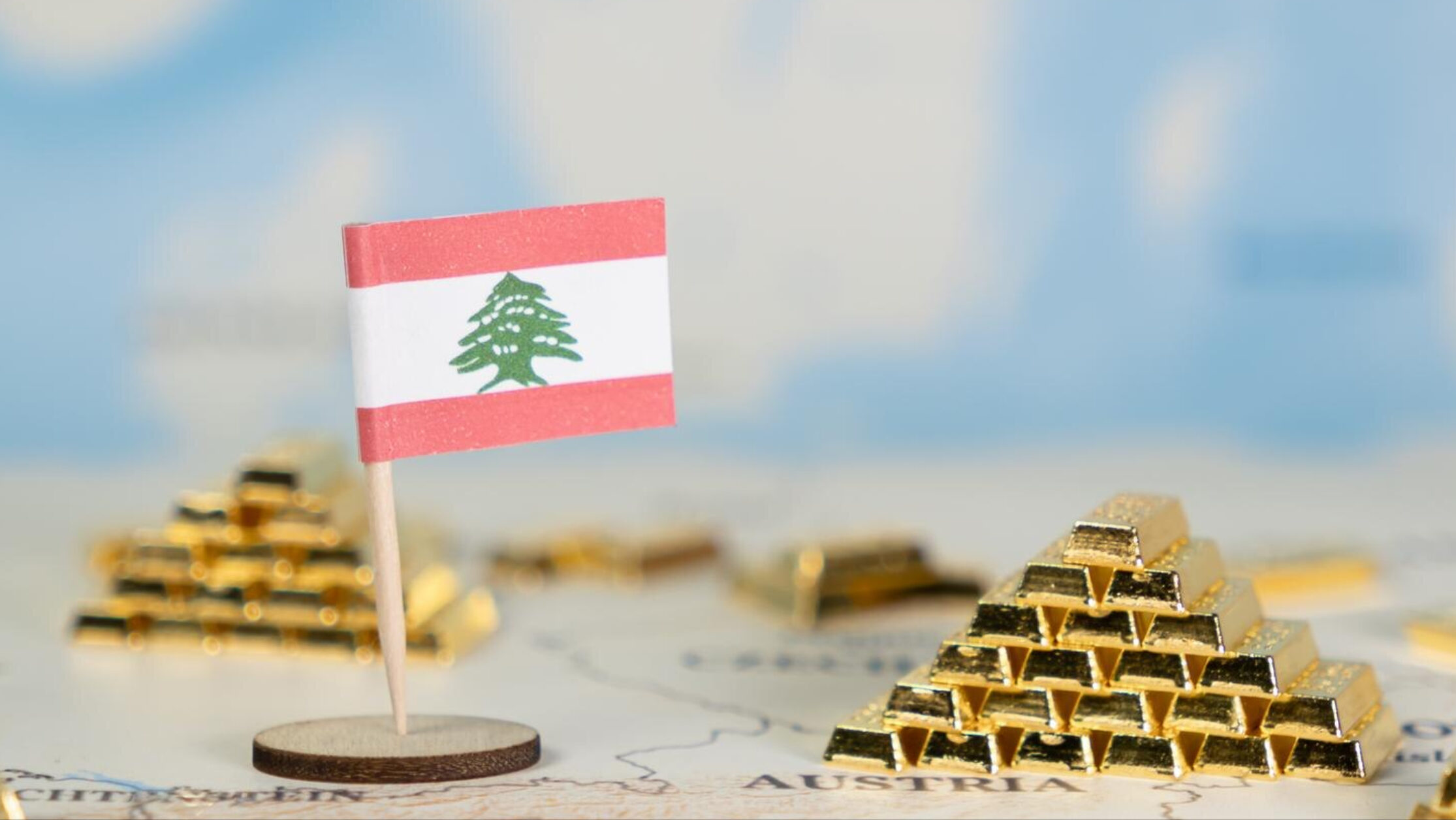World Bank Launches $250 Million Lifeline for War-Torn Lebanon
Lebanon just got a much-needed financial lifeline. The World Bank on Wednesday signed off on $250 million to help the country dig out—literally and figuratively—from the destruction left by over a year of clashes with Israel.
The funding will kick off the Lebanon Emergency Assistance Project (LEAP), aimed at jumpstarting repairs to the country’s battered infrastructure and restoring basic services that millions depend on. We’re talking electricity, water, roads, schools, hospitals—even the rubble will get a thoughtful cleanup, with a plan focused on recycling and reuse.
Give the gift of hope
We practice what we preach:
accurate, fearless journalism. But we can't do it alone.
- On the ground in Gaza, Syria, Israel, Egypt, Pakistan, and more
- Our program trained more than 100 journalists
- Calling out fake news and reporting real facts
- On the ground in Gaza, Syria, Israel, Egypt, Pakistan, and more
- Our program trained more than 100 journalists
- Calling out fake news and reporting real facts
Join us.
Support The Media Line. Save democracy.


The damage is staggering. A recent assessment put the cost at $7.2 billion, the result of hostilities that began in October 2023 and dragged through to the end of 2024. The war escalated after Hezbollah, in what it called solidarity with Palestinians in Gaza, opened a northern front against Israel. A US- and France-brokered ceasefire came into effect on November 27, 2024.
This initial World Bank contribution is just the start. LEAP is part of a broader $1 billion recovery framework that the bank hopes will attract additional international donors. “This project will help lay the foundation for a longer-term reconstruction process,” said Jean-Christophe Carret, the World Bank’s country director for the Middle East.
The goal? Immediate impact, long-term stability, and a little bit of restored faith in Lebanon’s public institutions—no small feat in a country still grappling with an economic meltdown, political dysfunction, and the aftermath of the 2020 Beirut port explosion.
For Lebanon, LEAP might just live up to its name.

